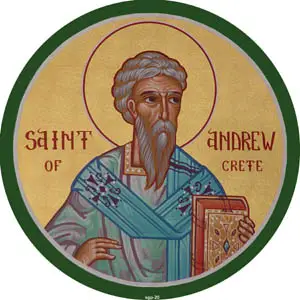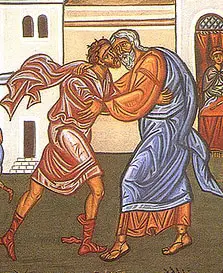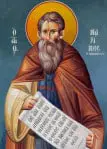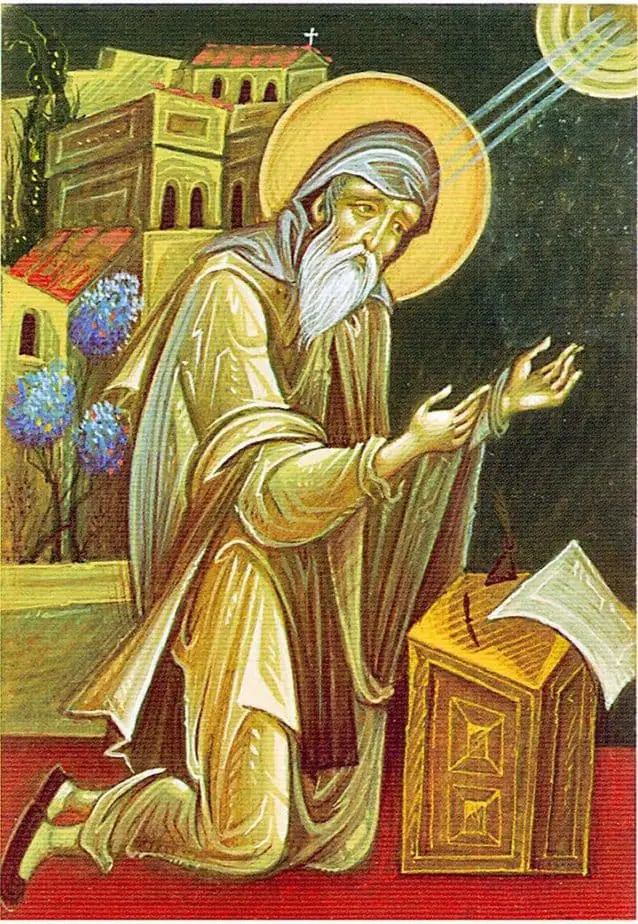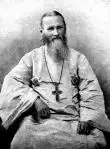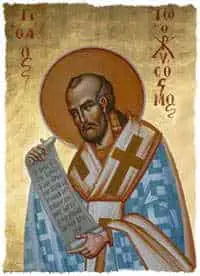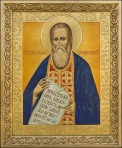Unseen Warfare: . . . it is inconceivable how the great Lord of hosts could grant such favours to our nothingness and worthlessness.
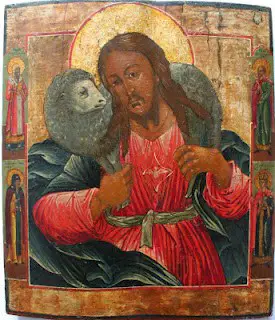
In order that you may move your will more easily to this one desire, in everything—to please (God and to work for His glory alone—remind yourself’ often, that He has granted you many favours in the past and has shown you His love. He has created you out of nothing in His own likeness and image, and has made all other creatures your servants; He has delivered you from your slavery to the devil, sending down not one of the angels but His Only-begotten Son to redeem you, not at the price of corruptible gold and silver, but by His priceless blood and His most painful and degrading death. Having done all this He protects you, every hour and every moment, from your enemies; He fights your battles by His divine grace; in His immaculate Mysteries He prepares the Body and Blood of His beloved Son for your food and protection. All this is a sign of God’s great favour and love for you; a favour so great that it is inconceivable how the great Lord of hosts could grant such favours to our nothingness and worthlessness.
+ From Unseen Warfare, St. Theophan the Recluse and St. Nicodemus of the Holy Mountain

